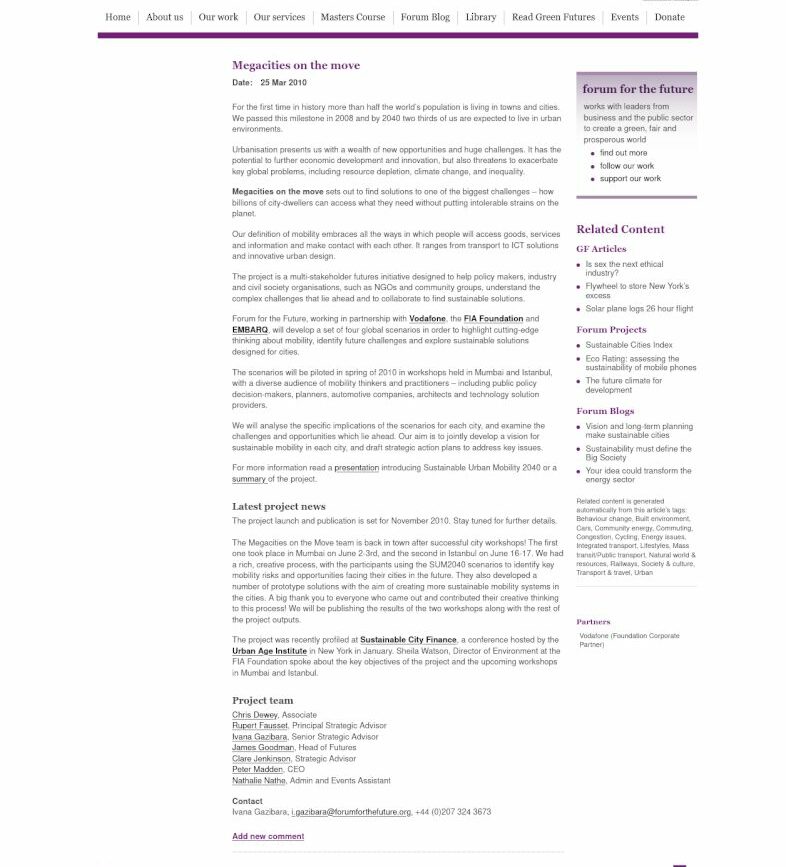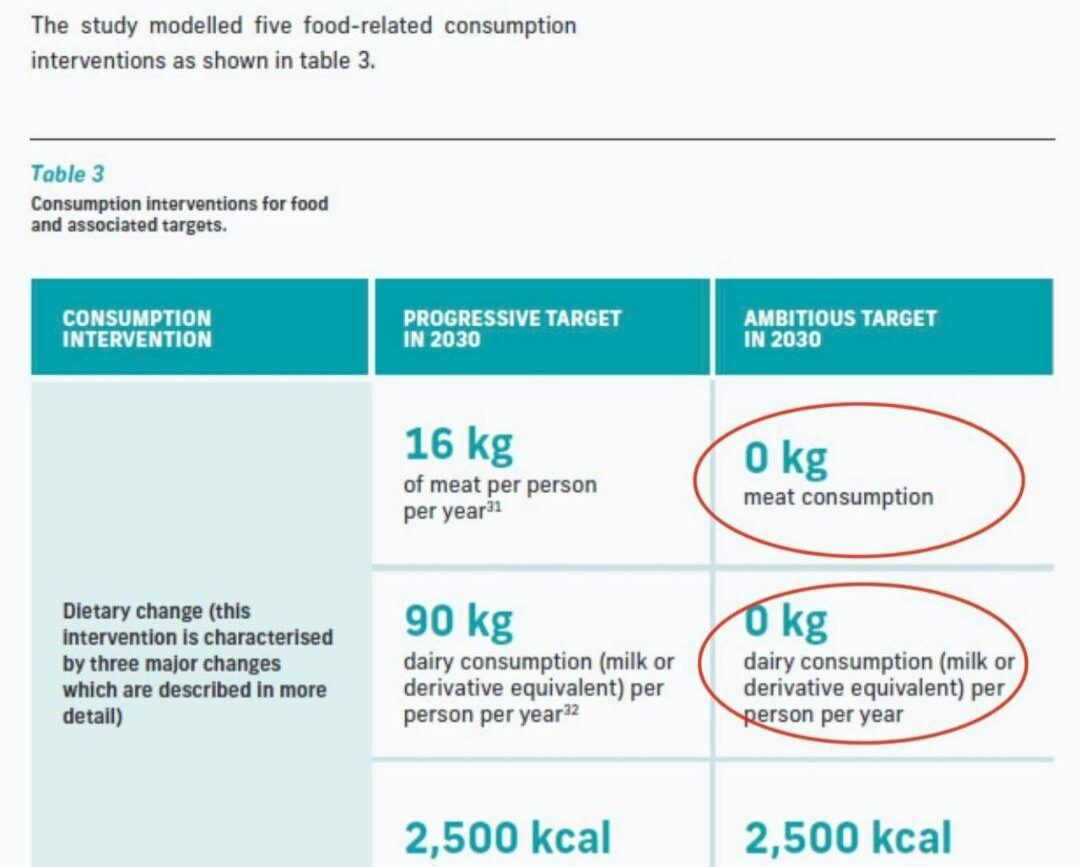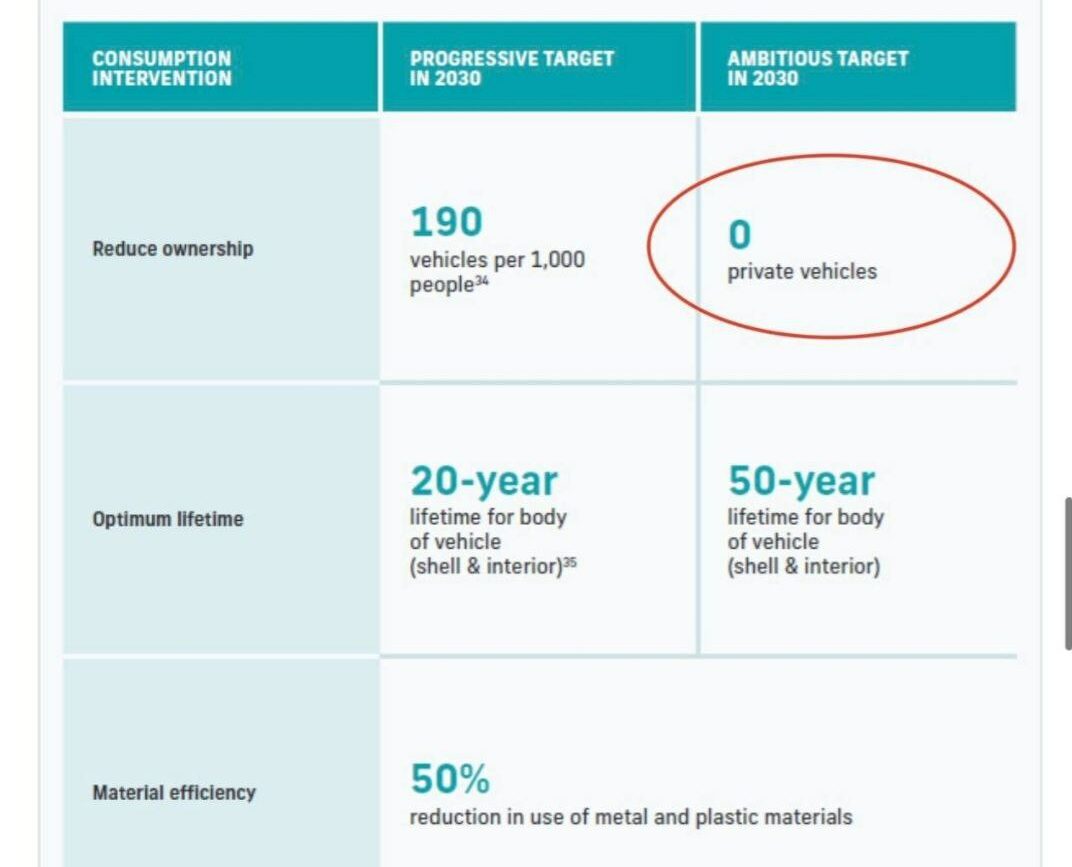SOUTHEND Council has ruled out ever signing up to a 15-minute city scheme which restricts residents’ ability to travel freely across the city.
Councils across the country are signing up to a net zero 2030 scheme and some are including plans for 15-minute cities where residents have everything they need within a 15-minute walk, cycle of public transport ride.
Climate Change
Browse the articles related to this topic below.
Join our community on Guilded.
LTN schemes emerged from ‘15-minute city’ ideology: “a residential urban concept in which most daily necessities can be accomplished by either walking or cycling from residents’ homes”. A lovely idea, but if you can’t cycle all your food shopping home, or lug it back because you’re too old or burdened with toddlers, you become a casualty of environmental piety.
The ugly truth is that many “recyclables” sent to recycling plants are never recycled. The worst is plastic. Even Greenpeace now says, “Plastic recycling is a dead-end street.”
…It would be smarter to just dump our garbage in landfills.People think landfills are horrible polluters. But they’re not. Regulations (occasionally, government regulations are actually useful) make sure today’s landfills have protective barriers so they don’t leak.
Eventually, landfills are turned into good things: ski hills, parks and golf courses.
But aren’t we running out of landfill space? For years, alarmist media said we were. But that’s not true.

A video emerges that indicates the staged arrest of Greta Thunberg at a coalmine protest near the German village of Lützerath on 17th January 2023. Note the numbers on the police helmets and jackets are identical.
Video 1 source: Guardian News
https://www.youtube.com/watch?v=zmWsdrbZluI
Video 2 source: circulating on social media
According to BBC News, police said that she was not arrested and was later released after they checked her ID.
In a world of fossil fuels and expensive energy, the only solution is tightly planned and controlled urban transport.
This video released on the animator’s channel on 23 September 2011. A full archive of the Forum for the Future article published 25 Mar 2010 can be found below:
Megacities on the move
For the first time in history more than half the world’s population is living in towns and cities. We passed this milestone in 2008 and by 2040 two thirds of us are expected to live in urban environments.
Urbanisation presents us with a wealth of new opportunities and huge challenges. It has the potential to further economic development and innovation, but also threatens to exacerbate key global problems, including resource depletion, climate change, and inequality.
Megacities on the move sets out to find solutions to one of the biggest challenges – how billions of city-dwellers can access what they need without putting intolerable strains on the planet.
Our definition of mobility embraces all the ways in which people will access goods, services and information and make contact with each other. It ranges from transport to ICT solutions and innovative urban design.
The project is a multi-stakeholder futures initiative designed to help policy makers, industry and civil society organisations, such as NGOs and community groups, understand the complex challenges that lie ahead and to collaborate to find sustainable solutions.
Forum for the Future, working in partnership with Vodafone, the FIA Foundation and EMBARQ, will develop a set of four global scenarios in order to highlight cutting-edge thinking about mobility, identify future challenges and explore sustainable solutions designed for cities.
The scenarios will be piloted in spring of 2010 in workshops held in Mumbai and Istanbul, with a diverse audience of mobility thinkers and practitioners – including public policy decision-makers, planners, automotive companies, architects and technology solution providers.
We will analyse the specific implications of the scenarios for each city, and examine the challenges and opportunities which lie ahead. Our aim is to jointly develop a vision for sustainable mobility in each city, and draft strategic action plans to address key issues.
For more information read a presentation introducing Sustainable Urban Mobility 2040 or a summary of the project.
Latest project news
The project launch and publication is set for November 2010. Stay tuned for further details.
The Megacities on the Move team is back in town after successful city workshops! The first one took place in Mumbai on June 2-3rd, and the second in Istanbul on June 16-17. We had a rich, creative process, with the participants using the SUM2040 scenarios to identify key mobility risks and opportunities facing their cities in the future. They also developed a number of prototype solutions with the aim of creating more sustainable mobility systems in the cities. A big thank you to everyone who came out and contributed their creative thinking to this process! We will be publishing the results of the two workshops along with the rest of the project outputs.The project was recently profiled at Sustainable City Finance, a conference hosted by the Urban Age Institute in New York in January. Sheila Watson, Director of Environment at the FIA Foundation spoke about the key objectives of the project and the upcoming workshops in Mumbai and Istanbul.
Project team
Chris Dewey, Associate
Rupert Fausset, Principal Strategic Advisor
Ivana Gazibara, Senior Strategic Advisor
James Goodman, Head of Futures
Clare Jenkinson, Strategic Advisor
Peter Madden, CEO
Nathalie Nathe, Admin and Events AssistantContact
Ivana Gazibara, [email protected], +44 (0)207 324 3673

We are nearing a turning point for democratic support for environmentalism. Gordon Brown’s 2008 Climate Change Act legislated to slash CO2 emissions by 80 per cent by 2050, a seismic shift pushed through with little debate but much superficial public approval. Theresa May strengthened this to 100 per cent by 2050, the “net zero” target; again, the public liked the sound of this, if not of Mrs May. China will continue to increase its emissions by more than we cut ours, but our entire ruling class has signed up to this iron-clad legal framework, with no dissent tolerated.
Published June 2019
C40 is delighted to publish this pioneering piece of thought leadership, The Future of Urban Consumption in a 1.5°C World. The report demonstrates that mayors have an even bigger role and opportunity to help avert climate emergency than previously thought. But to grasp that opportunity, city leaders need to be even more entrepreneurial, creating and shaping markets and engaging in sectors that may not previously have been considered within the domain of city government, and working out how to support their citizens and businesses in achieving a radical, and rapid, shift in consumption patterns.


ROAD blocks stopping most motorists from driving through Oxford city centre will divide the city into six “15 minute” neighbourhoods, a county council travel chief has said.
And he insisted the controversial plan would go ahead whether people liked it or not.
http://archive.today/2022.11.25-110055/https://www.oxfordmail.co.uk/news/23073992.traffic-filters-will-divide-city-six-15-minute-neighbourhoods-agrees-highways-councillor/
It is famous as the home of Britain’s oldest university and students on bicycles — but Oxford is known to its residents for its gridlocked traffic.
Now the council is fighting back with plans to divide the city into six districts from next August with strict rules on how often motorists can drive outside their neighbourhood.
Duncan Enright, the Oxfordshire county councillor leading the policy, said: “Oxford is a medieval city with roads that I can’t even believe were that brilliant during the days of horse and cart. The traffic problems in Oxford are not new, and we are determined to do something about it.”
Its 150,000 residents will be allowed to use their cars as much as they like within their district and will be given free permits allowing them to drive to other districts on 100 days a year. If they exceed this limit, they will be fined, possibly £70 a journey or a day.
http://archive.today/2022.10.23-074157/https://www.thetimes.co.uk/article/oxford-set-to-cut-its-famous-traffic-jams-by-degrees-nqkrd5xhd
Key messages in this report
• Behaviour change is essential for achieving climate and environment goals, and for delivering wider benefits.
• The Government’s current approach to enabling behaviour change to meet climate and environment goals is inadequate to meet the scale of the challenge.
• The public want clear leadership on the areas of behaviour change they should prioritise, and they want the Government to lead a coordinated approach to help them adapt by making change easier and fairer.
• Priority behaviour change policies are needed in the areas of travel, heating, diet and consumption to enable the public to adopt and use green technologies and products and reduce carbon-intensive consumption.
• There is a need for greater leadership and coordination across Government departments and with wider society on behaviour change for climate and environmental goals.
• The Government needs to provide a positive vision and clear narrative on how the public can help achieve climate and environment goals, and to lead by example.
• Information is not enough to change behaviour; the Government needs to play a stronger role in shaping the environment in which the public acts, through appropriately sequenced measures including regulation, taxation and development of infrastructure.
• Fairness is key to effective behaviour change.
• Businesses have a critical role to play in enabling behaviour change through increasing the affordability and availability of greener products and services, and engaging customers and employees.
• Government should also support and celebrate civil society organisations, faith communities and local authorities delivering local behaviour change projects.
• Government should learn from examples of where it has effectively enabled behaviour change, including during the COVID-19 pandemic, as well as from past failures.
Epidemiological literature on the health risks associated with non-optimal temperature has mostly reported average estimates across large areas or specific population groups. However, the heterogeneous distribution of drivers of vulnerability can result in local differences in health risks associated with heat and cold. We aimed to analyse the association between ambient air temperature and all-cause mortality across England and Wales and characterise small scale patterns in temperature-related mortality risks and impacts.
See commentary from The Daily Sceptic: Eighty Times More Excess Deaths Associated With Cold Each Year than Heat
https://www.thelancet.com/journals/lanplh/article/PIIS2542-5196(22)00138-3/fulltext
“If you want to see the anti-human nature of the western green left in one shot, that is it right there,” Mr Morrow said.
“They’re saying human activity is the cause of disaster – so they’re saying human activity, reproduction, having children – this is a cause of disaster.”
Government’s Cobra emergency committee to meet
The government’s emergency response committee Cobra will meet this afternoon to discuss the response to Storm Eunice, No 10 has confirmed.
The Home Office minister Damian Hinds said the military was being readied to help if required. He told ITV’s Good Morning Britain:
Cobra have been convened about making sure the readiness is in place for this storm. Obviously it comes right on the back of Storm Dudley.
“We have had to learn a lot of lessons from previous events like Storm Arwen and others.
“There are troops as you know at readiness if needed, if military assistance is called for, the Environment Agency are of course on the ground, the network operators themselves are also in readiness.”
Diesel cars tend to be more fuel-efficient with lower emissions, and Mr Brown hailed them as the greener and cheaper option. Over a decade and a half, the number of such vehicles on British roads quadrupled.
What didn’t emerge until much later — although it was no secret in the motor industry or among government officials — was that diesel cars also emitted greater quantities of other pollutants, nitrogen oxides and particulates that damage air quality and human health.
…What [the Government] fails to tell us, however, is that electric cars are not the answer for many people, for a host of practical reasons. These include their upfront cost, limited range, the time it takes to charge batteries, the new infrastructure needed for charging points and the extra power required to supply them.
Even more alarmingly, a report in the journal Nature suggests that because electric cars are heavier than other vehicles, they will likely kill more occupants of other vehicles in traffic accidents.
As for climate change, electric cars will do little to arrest it. So for now, at least, they are one of the least effective and most expensive ways to cut carbon — and economically they are a bad bet.
Nudging the news – The Critic
The collaboration between a major UK broadcaster and the Nudge Unit to promote one of the most controversial policies today is deeply alarming. The report, The Power of TV: Nudging Viewers to Decarbonise their Lifestyles, jointly published by BIT and Sky, shows little regard for the obligation imposed on broadcasters by Ofcom’s Broadcasting Code to maintain “due impartiality” across all their output, particularly when it comes to news and current affairs. It also neglects the requirement that broadcasters expose viewers to a wide range of different views when it comes to “matters of major political and industrial controversy and major matters relating to current public policy”.
The Aspen Institute’s Commission on Information Disorder recently released a report that blamed misinformation for a range of social problems: “Information disorder is a crisis that exacerbates all other crises . . . Information disorder makes any health crisis more deadly. It slows down our response time on climate change. It undermines democracy. It creates a culture in which racist, ethnic, and gender attacks are seen as solutions, not problems. Today, mis- and disinformation have become a force multiplier for exacerbating our worst problems as a society. Hundreds of millions of people pay the price, every single day, for a world disordered by lies.”
With $65 million in backing from investors such as George Soros and Reid Hoffman, the newly organized Project for Good Information also vows to fight fake news wherever it roams. As Recode reported, the group’s marketing materials claim, “Traditional media is failing. Disinformation is flourishing. It’s time for a new kind of media.” The project is run by Democratic operative Tara Hoffman, whose company ACRONYM created the app that spectacularly bungled the Iowa Democratic caucus vote in 2020.
GOVERNMENT transport ministers have backed calls to end private ownership of vehicles in a major overhaul.
Instead, they have asked for “greater flexibility” over vehicle use with experts believing “shared transport” is the way forward. Transport minister, Trudy Harrison, said any new proposals would be “fit for the future” of road travel. It could spark the beginning of the end of petrol and diesel car ownership as the pressure rises to meet pollution targets.
We are plunging headlong into the greatest economic transition in history. We don’t have to speculate about that, either.
Food Chain Reaction: A Global Food Security Game is a simulation and role-playing exercise intended to improve understanding of how governments, institutions, and private sector interests might interact to address a crisis in the global food system. The scenario is set five years from today in a world where population growth, rapid urbanization, extreme weather, and political crises combine to threaten global food security.
The game’s players—high-level decision makers representing nations, international institutions, and the private sector—will collaborate, negotiate, make decisions, and confront tradeoffs while dealing with a chain reaction of consequences resulting from their actions.
Archived at:
- https://web.archive.org/web/20151029013514/http://foodchainreaction.org/
- http://archive.today/2015.10.29-013514/http://foodchainreaction.org/
The year is 2020. Our global food system is under stress. All countries are experiencing mounting pressures.
Commentary from The Ice Age Farmer: Farmers Panic, Can’t Get Supplies to Grow Food
A government research paper recommending people “shift dietary habits” towards plant-based foods has been hastily deleted.
The paper focuses on changing public behaviour to hit climate targets and also suggests promoting domestic tourism and portraying business travel as an “immoral indulgence”.
…In a chapter in the deleted document titled “Applications to Net Zero Policy”, under the subheading “Diet Changes”, researchers recommend following the example of the sugar levy with a tax on producers or retailers of “high-carbon foods” to incentivise “reformulation and diversification” towards more plant-based and local food types.
http://archive.today/2021.10.20-142900/https://www.bbc.com/news/business-58981505